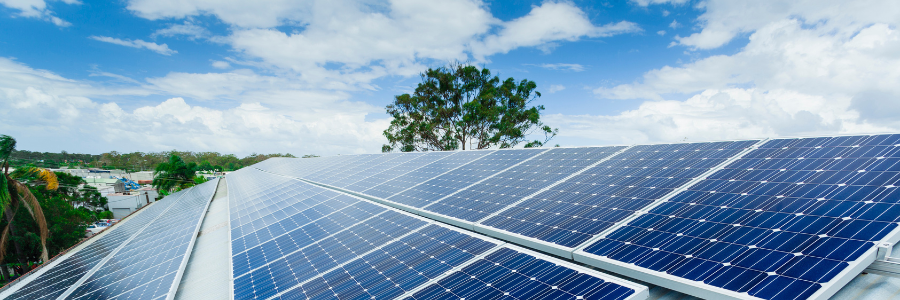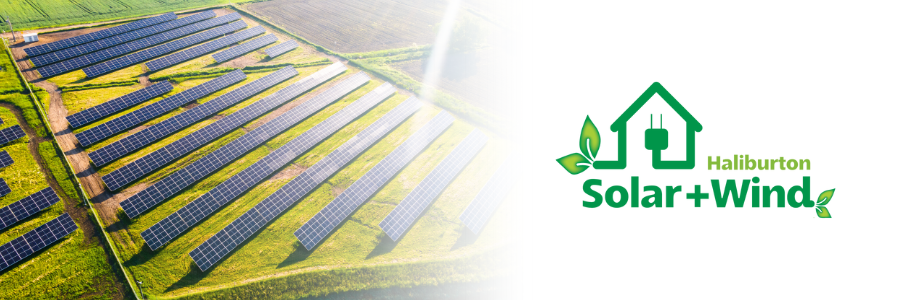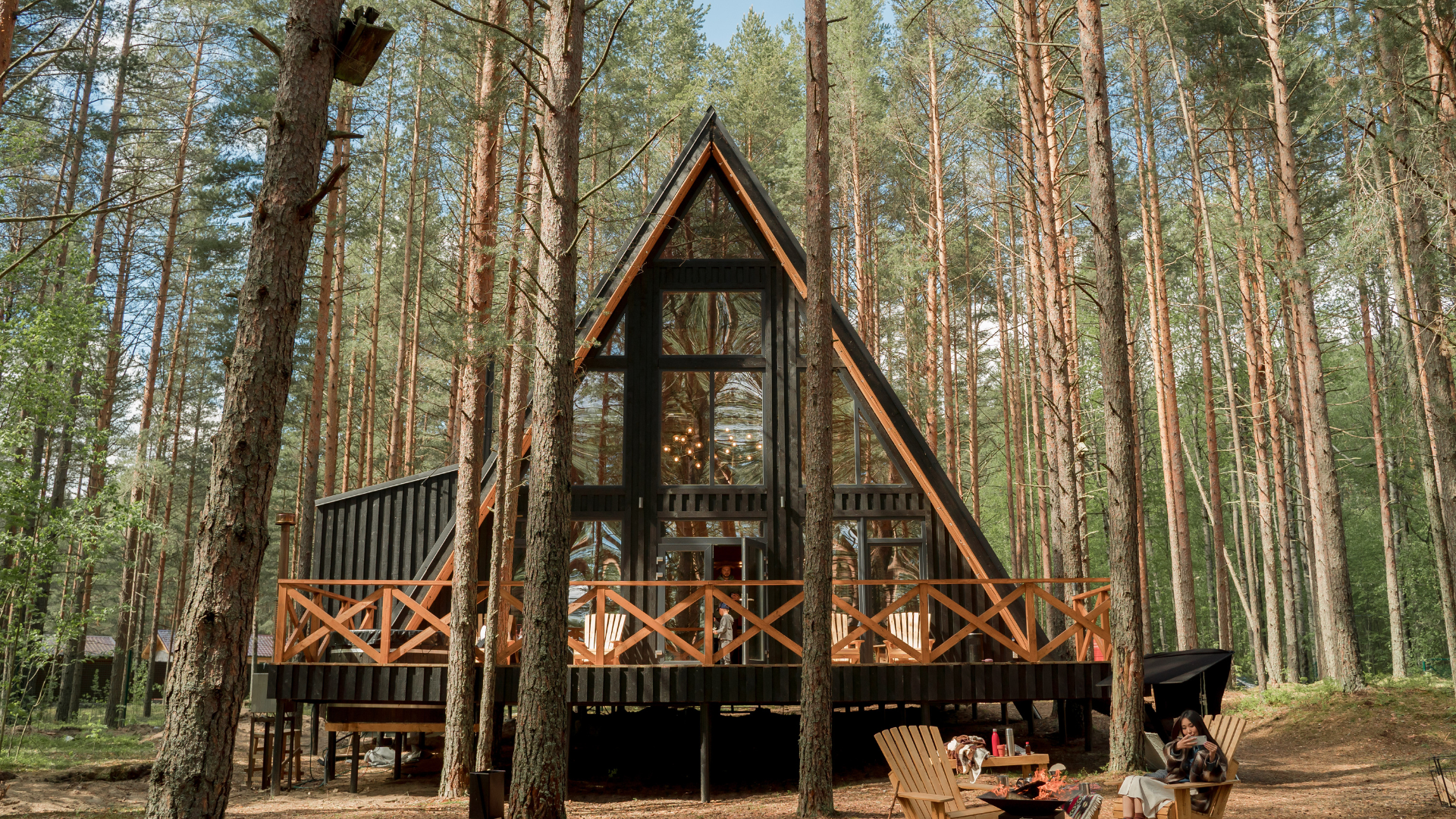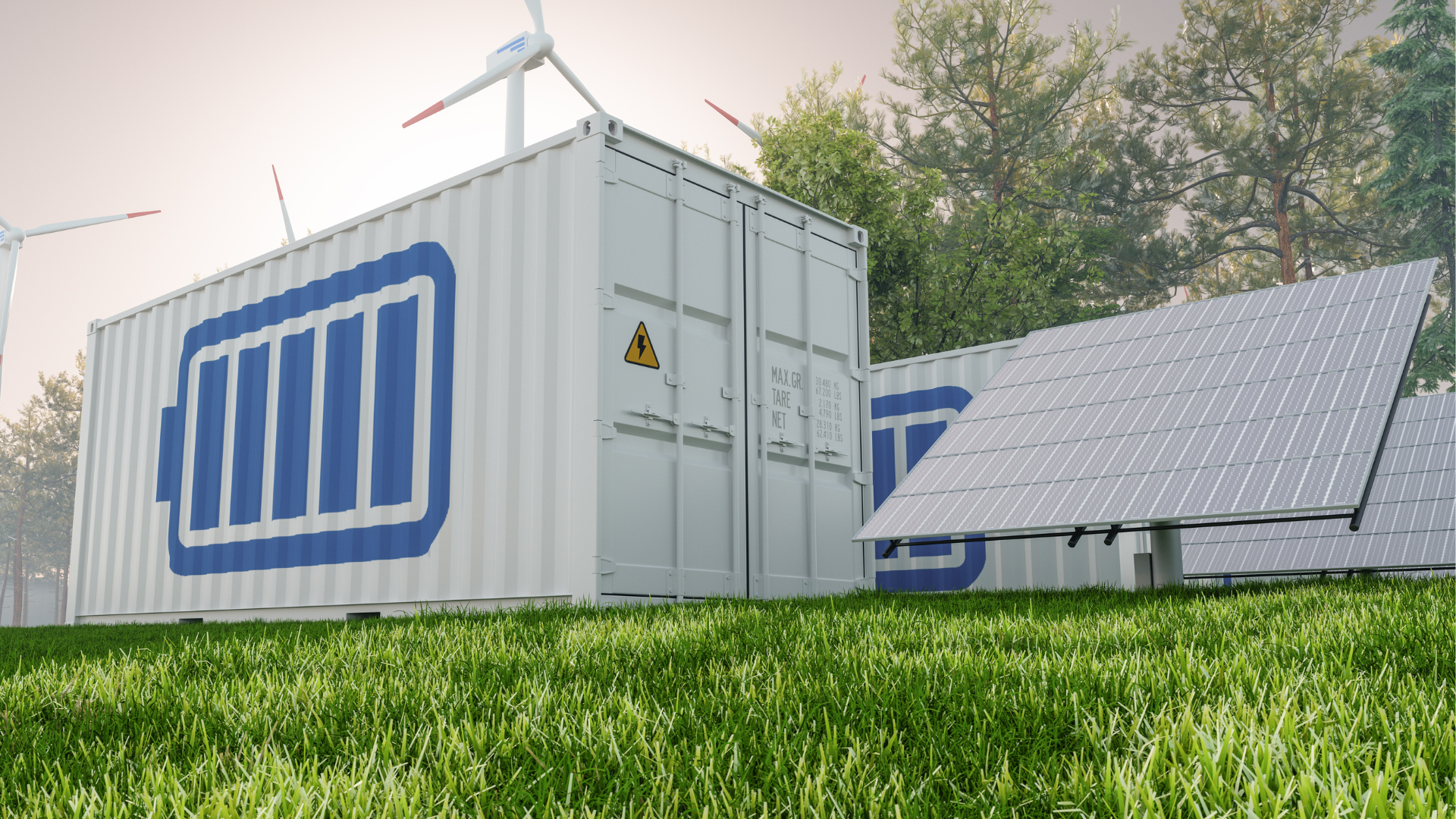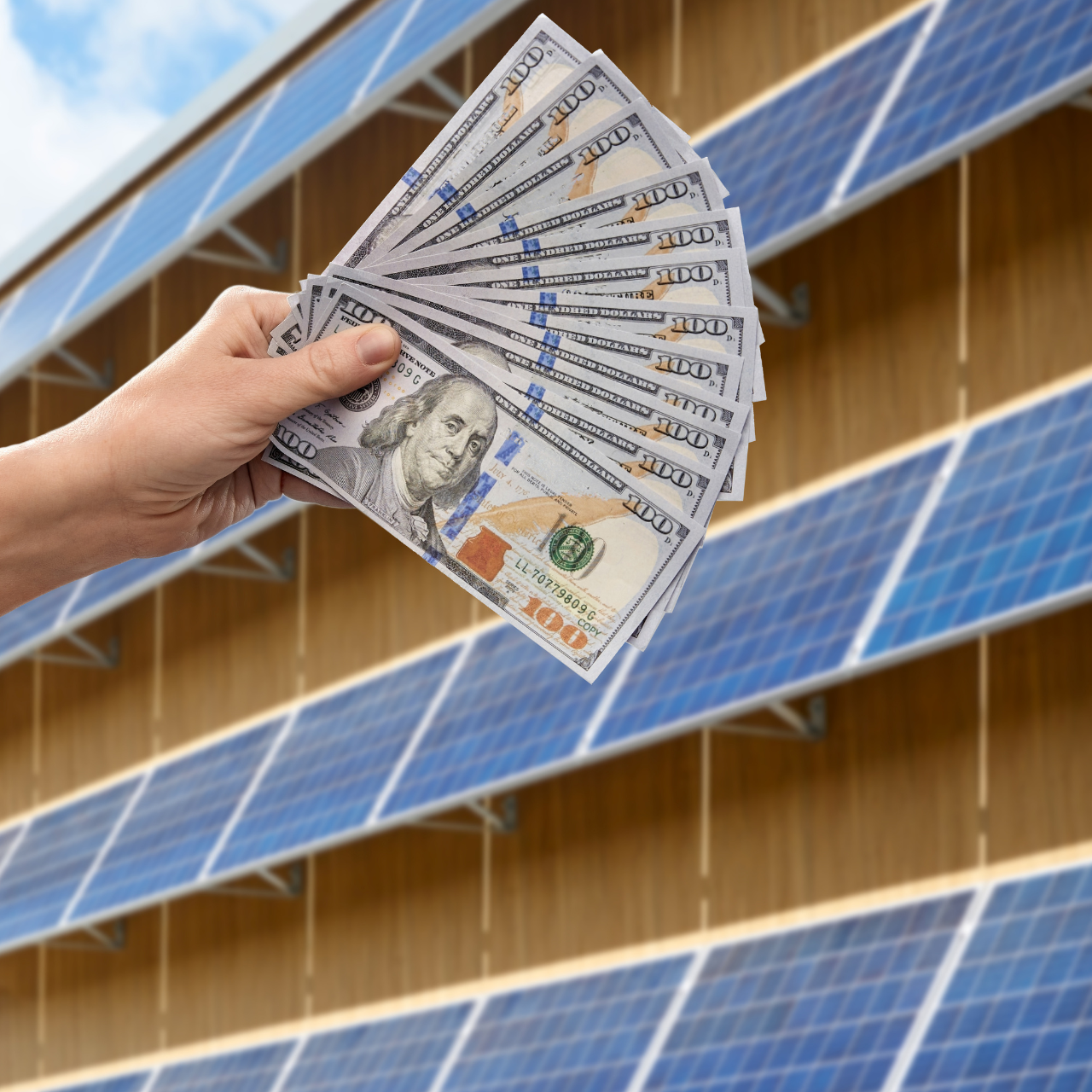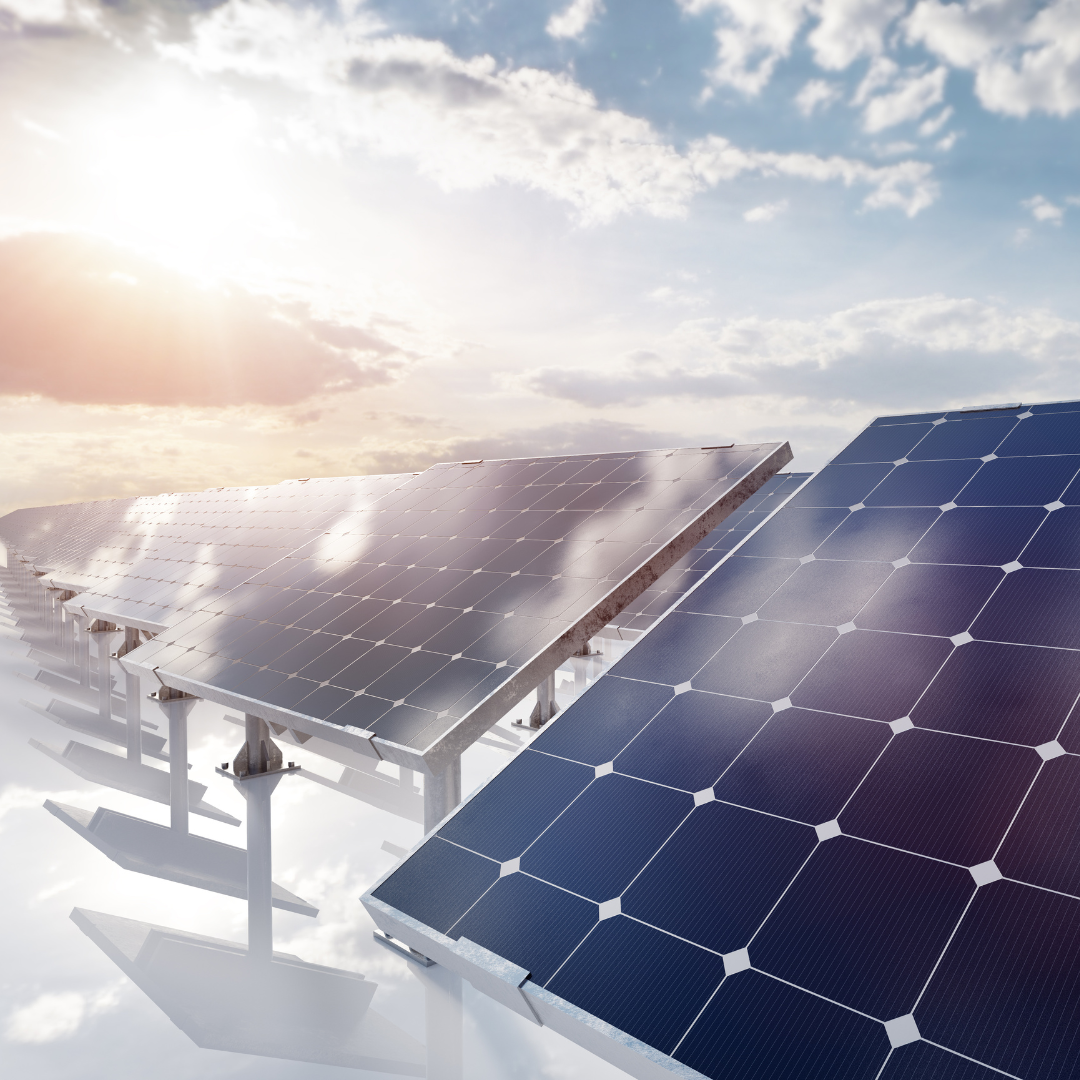Heating Your Off Grid Cottage in Canada
Heating Your Off Grid Cottage in Canada
Off-grid heating solutions are becoming increasingly important for cottages in Canada that are not connected to the power grid. Sustainable and reliable heating is essential for comfort and safety, especially during the cold Canadian winters.
This blog post will explore various off-grid heating solutions, including solar systems, battery storage, and generators. We will also discuss the benefits, installation process, costs, and incentives associated with each option.
By the end of this post, readers will have a better understanding of the off-grid heating options available for their cottages in Canada and be equipped to make informed decisions about which solution is best for their needs.
An off-grid solar system for heating is a sustainable solution that uses solar panels to capture and convert sunlight into electricity. This electricity is then used to power a heating system, which can be a radiant floor heating system, a water heater, or a forced-air heating system.
Off-grid solar systems for heating are becoming increasingly popular for cottages in Canada, as they provide a reliable and sustainable source of energy that is not dependent on the power grid.
Solar Heating Systems
The benefits of an off-grid solar system for heating are numerous, including:
- Reduced carbon emissions: Off-grid solar systems for heating are powered by renewable energy sources, which means they produce zero carbon emissions. This is an important benefit for the environment and can help reduce your carbon footprint.
- Lower energy bills: Off-grid solar systems for heating can help reduce your energy bills by providing a reliable source of free energy from the sun. While the initial cost of installation may be higher than traditional heating systems, the long-term savings in energy bills can make it a cost-effective solution.
- Increased energy independence: Off-grid solar systems for heating provide a reliable source of energy that is not dependent on the power grid. This means that you can maintain your comfort and safety even during power outages or blackouts.
How an off-grid solar system for heating works:
Off-grid solar systems for heating work by capturing sunlight through solar panels, which are typically mounted on the roof of the cottage. The sunlight is then converted into DC electricity by the solar panels, which is then converted into AC electricity by an inverter. The AC electricity is then used to power the heating system in the cottage.
Different types of solar panels for heating:
There are several types of solar panels available for heating, including:
Monocrystalline: Monocrystalline solar panels are the most efficient and durable, but they are also the most expensive.
Polycrystalline:
Polycrystalline solar panels are less efficient than monocrystalline panels but are more affordable.
Thin-film solar panels. Thin-film solar panels are the least efficient and durable but are also the most affordable.
Installation process:
The installation process for an off-grid solar system for heating typically involves several steps, including:
- Conducting a site survey to determine the best location for the solar panels
- Designing the solar system to meet the heating needs of the cottage
- Installing the solar panels and inverter
- Connecting the solar system to the heating system in the cottage
- Obtaining any necessary permits and inspections
Costs:
In terms of the costs, the total cost of an off-grid solar system for heating will depend on a few factors, such as the size of the system, the complexity of the installation, and the type of solar panels used.
However, over the long-term, homeowners can expect to save money on energy bills compared to traditional heating systems. It is important to note that the initial investment for an off-grid solar system for heating may be higher than traditional heating systems, but the system pays for itself over time.
In addition to the long-term savings, there are also several incentives available that can help offset the costs of installation. The federal government offers a tax credit of up to 26% of the total cost of installing a solar system for heating, which can help reduce the upfront costs. Some provinces in Canada also offer additional tax credits for solar system installations, so it is important to check with your local government to see what incentives are available in your area.
Another way to offset the costs of installation is through net metering programs. Some utilities offer net metering programs, which allow homeowners to earn credits for excess energy generated by their solar system that can be used to offset future energy bills. This means that homeowners can earn money back on their energy bills, making the investment in an off-grid solar system for heating even more cost-effective.
TAKE AWAY: an off-grid solar system for heating is a sustainable and cost-effective solution for cottages in Canada. By harnessing the power of the sun, homeowners can reduce their carbon footprint, lower their energy bills, and increase their energy independence. With the availability of incentives and net metering programs, the costs of installation can be offset, making it a smart investment for homeowners.
Battery Storage for Off Grid Heating Systems
Solar battery storage for off-grid heating is a system that allows property owners to store excess energy generated by their solar panels for later use. This system uses batteries to store the excess energy and provides a reliable source of energy during times when sunlight is not available. With solar battery storage, homeowners can improve their energy efficiency and increase their energy storage capacity, providing a more sustainable solution for off-grid heating.
The benefits of solar battery storage for off-grid heating include:
- Improved energy efficiency: By storing excess energy generated by solar panels, homeowners can optimise their energy use and reduce energy waste.
- Increased energy storage capacity: Solar battery storage provides additional energy storage capacity, allowing homeowners to use stored energy during times when sunlight is not available.
How solar battery storage for off-grid heating works:
Solar battery storage works by using batteries to store excess energy generated by solar panels. This stored energy can then be used to power the heating system in the cottage during times when sunlight is not available. The batteries are typically connected to an inverter that converts the DC electricity generated by the solar panels into AC electricity that can be used to power the heating system.
Different types of solar batteries for heating:
There are several types of solar batteries available for heating, including lead-acid batteries, lithium-ion batteries, and flow batteries.
Lead-acid batteries are the most common type of solar battery and are affordable but have a shorter lifespan.
Lithium-ion batteries are more expensive but have a longer lifespan and higher energy density.
Flow batteries are a newer technology that uses liquid electrolytes to store energy and are highly efficient but also expensive.
Installation process:
The installation process for solar battery storage for off-grid heating typically involves several steps, including:
- Designing the system: The solar battery storage system is designed to meet the heating needs of the cottage, taking into consideration the size of the solar panels, the battery storage capacity, and the inverter size.
- Installing the batteries and inverter: The batteries and inverter are installed in a secure location, typically inside the cottage or in an outbuilding.
- Connecting the solar panels and heating system: The solar panels are connected to the inverter, which is then connected to the heating system in the cottage.
Costs and incentives:
The cost of solar battery storage for off-grid heating can vary depending on the size of the system and the type of batteries used. However, there are several incentives available that can help offset the costs of installation, including:
- Federal tax credits: The federal government offers a tax credit of up to 26% of the total cost of the solar battery storage installation.
- Provincial tax credits: Some provinces in Canada offer additional tax credits for solar system installations.
- Net metering: Some utilities offer net metering programs, which allow homeowners to earn credits for excess energy generated by their solar system that can be used to offset future energy bills.
- Green Energy Act: The Green Energy Act is a provincial program that promotes renewable energy development in Ontario. The program provides incentives for homeowners to invest in renewable energy systems, including solar battery storage for off-grid heating.
TAKE AWAY:
solar battery storage is a sustainable and cost-effective solution for off-grid heating. By storing excess energy generated by solar panels, homeowners can improve their energy efficiency, increase their energy storage capacity, and reduce their carbon footprint. With the availability of incentives and net metering programs, the costs of installation can be offset, making it a smart investment for homeowners.
Off-Grid Heating Options
Off-grid heating options refer to heating systems that do not rely on the traditional electrical grid to provide heat to a home. These systems are powered by alternative sources of energy and are a sustainable and reliable option for homeowners who want to reduce their carbon footprint and increase their energy independence.
The benefits of off-grid heating options include:
- Reduced carbon emissions: Off-grid heating options use alternative sources of energy, such as wood or pellets, which emit fewer greenhouse gases than traditional heating systems.
- Increased energy independence: Off-grid heating options provide homeowners with greater control over their energy supply, reducing their reliance on the traditional electrical grid.
Different types of off-grid heating options:
Wood stove: A wood stove is a traditional heating option that uses wood as a fuel source. Wood stoves are an affordable and sustainable option for off-grid heating but require regular maintenance and cleaning.
Pellet stove: A pellet stove uses compressed wood pellets as a fuel source. Pellet stoves are a more efficient and convenient option than wood stoves but require a reliable source of electricity to operate.
Propane or natural gas heating systems: Propane or natural gas heating systems are a reliable and efficient option for off-grid heating. These systems require regular maintenance and servicing to ensure their proper functioning.
Installation process and costs:
The installation process and costs for off-grid heating options can vary depending on the type of system chosen. Wood stoves and pellet stoves require a chimney for ventilation, which can add to the installation costs. Propane or natural gas heating systems require a propane tank or gas line to be installed, which can also increase the installation costs. It is important to consider the installation costs and requirements when choosing an off-grid heating option.
Efficiency and maintenance considerations:
Off-grid heating options require regular maintenance and servicing to ensure their proper functioning. Wood stoves and pellet stoves require regular cleaning to remove ash and creosote buildup. Propane or natural gas heating systems require regular servicing to ensure the propane tank or gas line is functioning properly.
It is also important to consider the efficiency of the heating system. Wood stoves and pellet stoves have a lower efficiency rating than propane or natural gas heating systems. Propane or natural gas heating systems have an efficiency rating of up to 98%, meaning they convert almost all of their fuel into heat.
Federal and provincial tax credits and incentives:
There are several tax credits and incentives available for off-grid heating options, including:
- Federal tax credits: The federal government offers a tax credit of up to 26% of the total cost of an off-grid heating system installation.
- Provincial tax credits: Some provinces in Canada offer additional tax credits for off-grid heating system installations.
- Green Energy Act: The Green Energy Act is a provincial program that promotes renewable energy development in Ontario. The program provides incentives for homeowners to invest in renewable energy systems, including off-grid heating options.
TAKE AWAY: off-grid heating options provide homeowners with a sustainable and reliable source of heat, reducing their carbon footprint and increasing their energy independence. It is important to consider the installation costs, efficiency, and maintenance requirements when choosing an off-grid heating option. With the availability of tax credits and incentives, the costs of installation can be offset, making it a smart investment for homeowners.
Off Grid Generators
Off-grid generators for heating are a reliable source of backup power for off-grid heating systems. These generators provide homeowners with an additional source of energy and can be used as a backup during power outages.
The benefits of the best off-grid generators for heating include:
- Reliable source of backup power: Off-grid generators provide a reliable source of backup power during power outages, ensuring that the heating system continues to function.
- Increased energy independence: Off-grid generators provide homeowners with greater control over their energy supply, reducing their reliance on the traditional electrical grid.
Different types of off-grid generators for heating:
There are several types of off-grid generators for heating, including gas-powered generators, propane-powered generators, and solar-powered generators. Gas-powered and propane-powered generators are typically more powerful and reliable, while solar-powered generators are a more sustainable option.
Installation process and costs:
The installation process and costs for off-grid generators for heating can vary depending on the type of generator chosen. Gas-powered and propane-powered generators require a fuel source, such as a gas line or propane tank, to be installed. Solar-powered generators require a solar panel installation. It is important to consider the installation costs and requirements when choosing an off-grid generator.
Efficiency and maintenance considerations:
Off-grid generators require regular maintenance and servicing to ensure their proper functioning. Gas-powered and propane-powered generators require regular fueling and servicing, while solar-powered generators require regular cleaning and maintenance of the solar panels.
It is also important to consider the efficiency of the generator. Gas-powered and propane-powered generators have a higher efficiency rating than solar-powered generators.
Federal and provincial tax credits and incentives:
There are several tax credits and incentives available for off-grid generators for heating, including:
- Federal tax credits: The federal government offers a tax credit of up to 26% of the total cost of an off-grid generator installation.
- Provincial tax credits: Some provinces in Canada offer additional tax credits for off-grid generator installations.
TAKE AWAY:
off-grid generators for heating provide homeowners with a reliable source of backup power, reducing their reliance on the traditional electrical grid. It is important to consider the installation costs, efficiency, and maintenance requirements when choosing an off-grid generator. With the availability of tax credits and incentives, the costs of installation can be offset, making it a smart investment for homeowners.
